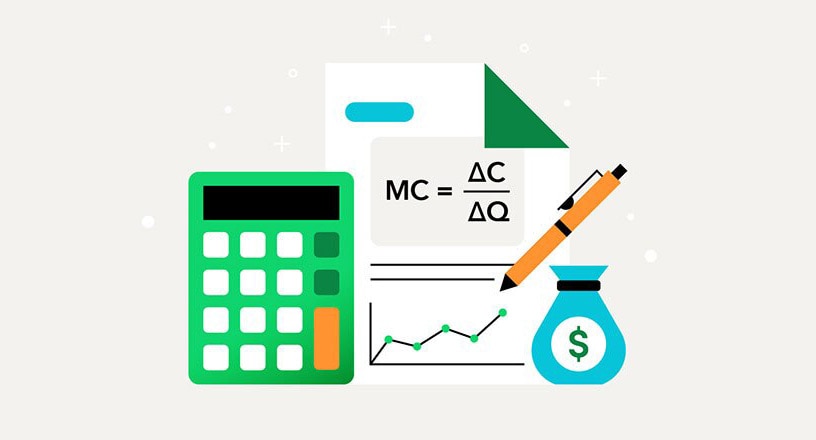Bookkeeping plays a vital role in your business operations, but how much do you know about the profession that makes mathematical magic? Let’s explore what bookkeepers do, examine some of the benefits of bookkeeping, and explore your options for using a bookkeeper.
What is a Bookkeeper?
A bookkeeper (also known as a bookkeeping clerk) is a professional who helps businesses and other organizations keep their finances in order. They manage general accounting ledgers, record journal entries (transactions), and generate financial statements.
The responsibilities you need someone to fulfill depend on the bookkeeper or bookkeeping service that your business needs. Each bookkeeping professional has their own expertise, just like each business has unique financial circumstances and bookkeeping needs.
A brief history of bookkeeping
Before we dive deeper into the question at hand—What does a bookkeeper do?—let’s review a brief history of bookkeeping.
Bookkeeping and accounting are some of the oldest professions in history. In fact, you can trace bookkeeping all the way back to ancient Italy, thanks to Luca Pacioli, the “father of accounting.”
In 1494, Pacioli published “Summa de Arithmetrica, Geometrica, Proportioni et Proportionalita (Summa).” Effectively, he introduced double-entry bookkeeping and accounting to the world. Today, many use Pacioli’s core bookkeeping and accounting principles to streamline business finances.
What does a Bookkeeper do?
In the broadest sense, bookkeepers help businesses keep their finances intact by keeping tabs on different accounts, transactions, and reports. They organize, collect, and store the business’s financial records, including cash flow statements, bank reconciliations, and loss statements. Bookkeepers make it possible for business owners and accountants to build budgets, identify trends, and plan for the future. Let’s look at an example of what a bookkeeper does.
As a business owner, one of your primary responsibilities could be keeping tabs on your product inventory and restocking it when needed. When you order inventory, your bookkeeper collects the receipt, enters the transaction into the general ledger, and files the record into your financial database.
Likewise, bookkeepers also help businesses keep track of their accounts receivable. Let’s say your HVAC company serviced a customer’s air conditioning system recently. Your bookkeeper may help you generate the invoice, collect a payment, enter the transaction into the general ledger, and document the paid invoice.
Every business is different. How your business operates is unique, so your bookkeeping should follow suit. Great bookkeeping is a financial tool you can use to make business management easier and reach your goals as a small business owner.



